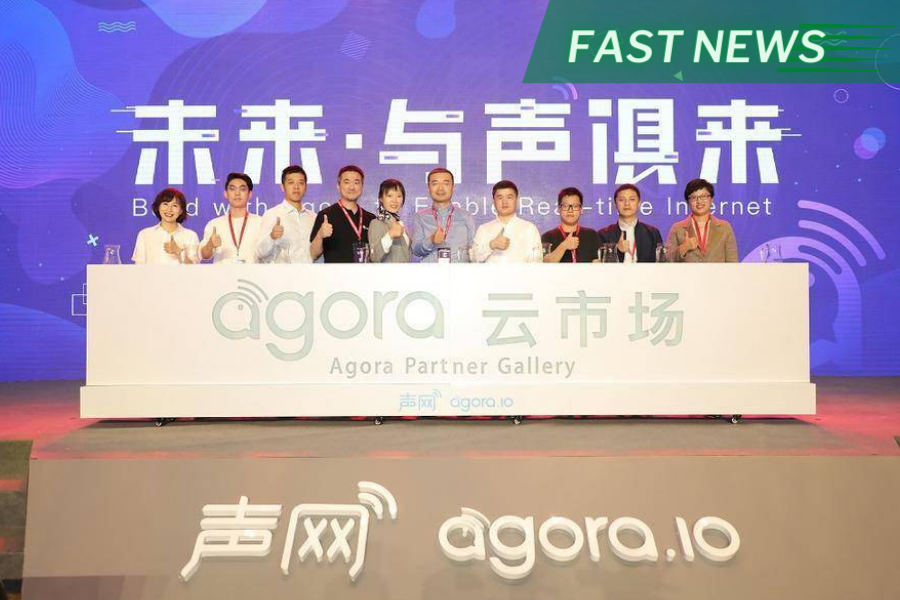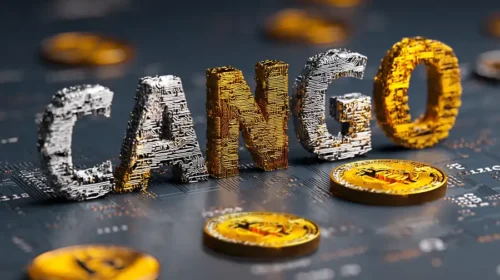FAST NEWS: Agora Announces Founder Share Purchase Plan, New CTO

The latest: Agora Inc. (API.US), a provider of real-time engagement (RTE) technologies, on Wednesday said its founder and CEO Tony Zhao would buy up to $30 million worth of the company’s shares using his personal funds. In a separate announcement the same day, Agora also named its chief scientist Zhong Sheng to the additional role of chief technology officer.
Looking Up: Zhao’s commitment to use his own funds to buy Agora’s shares represents a strong vote of confidence in the company. Agora previously announced a similar $200 million share repurchase program.
Take Note: Agora’s stock now trades near an all-time low following its June 2020 IPO in New York. The company’s stock closed at $4 on Wednesday in New York, a tiny fraction of its all-time high above $100 that it briefly reached in early 2021 when it was identified as a technology supplier to audio chatroom company Clubhouse.
Digging Deeper: Agora provides RTE software that allows social media and other apps to offer functions like voice chat and other real-time communication functions. After briefly shooting to global fame last year as Clubhouse’s RTE voice technology supplier, the company is currently going through a crisis after losing a big part of its business following China’s crackdown on private education companies last year. Agora is currently trying to move beyond its traditional focus on sound-related RTE technology to video and other applications.
Market Reaction: Agora’s American depositary shares (ADSs) rose 5.3% to close at $4 on Wednesday after the pair of announcements.
Reporting by Doug Young
To subscribe to Bamboo Works free weekly newsletter, click here






